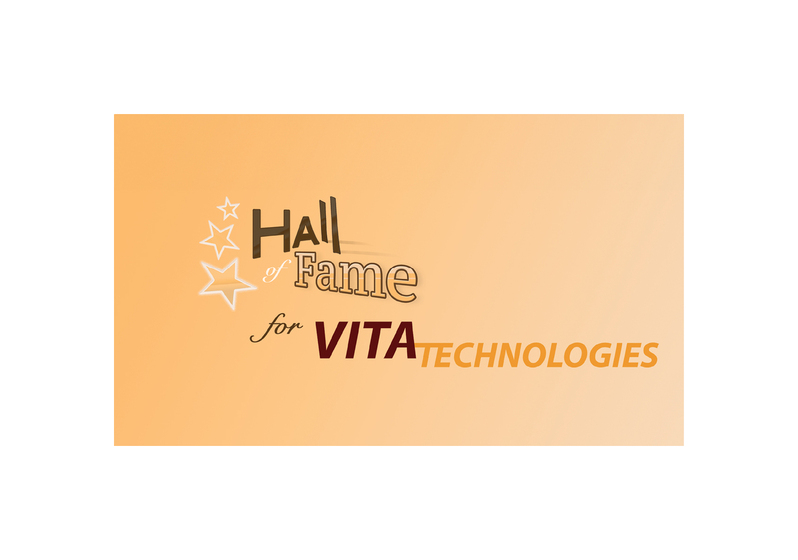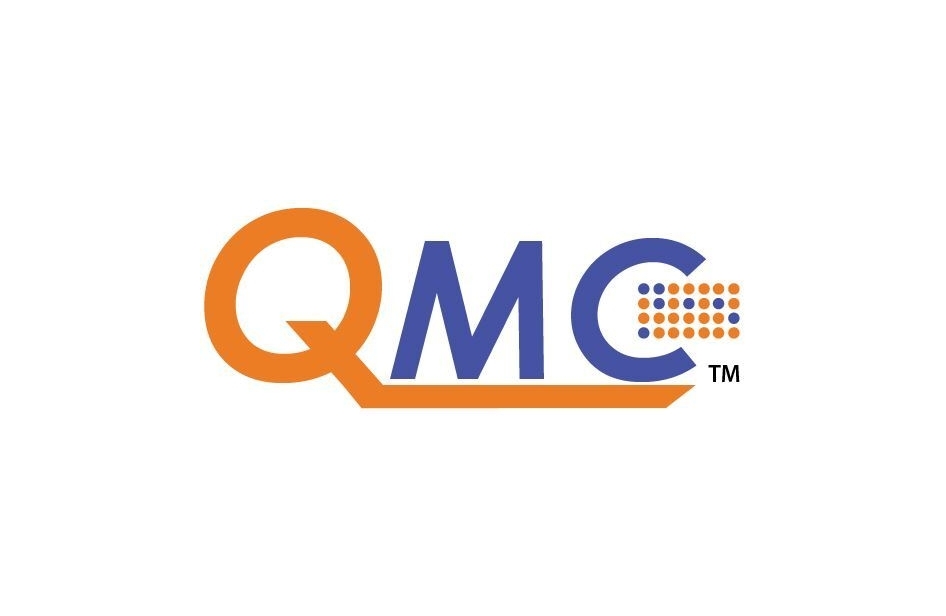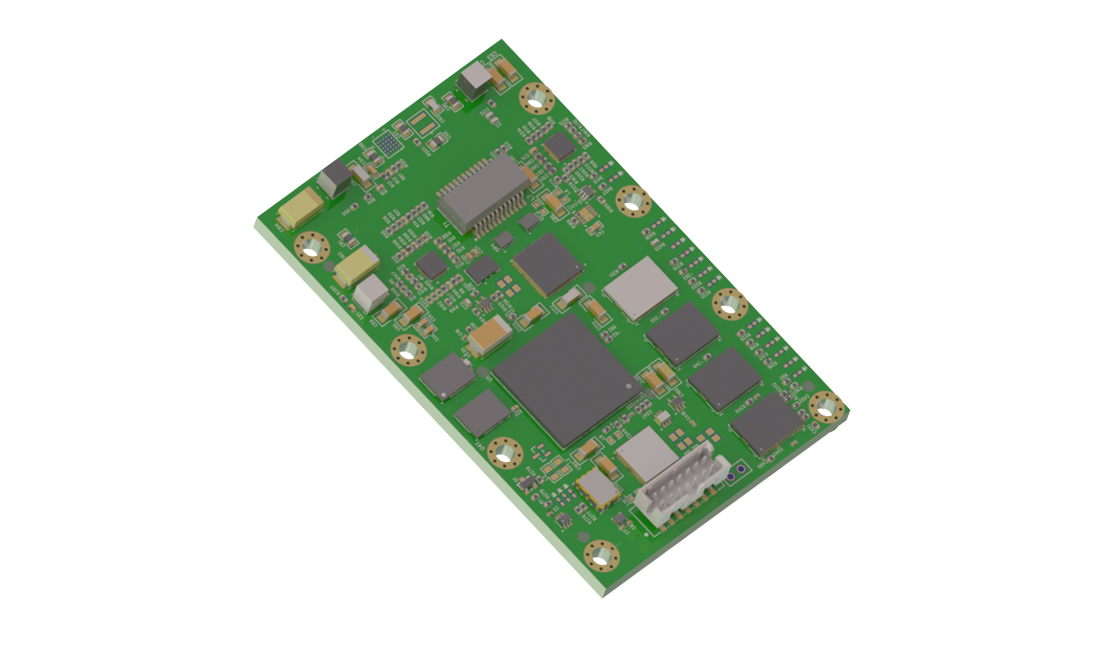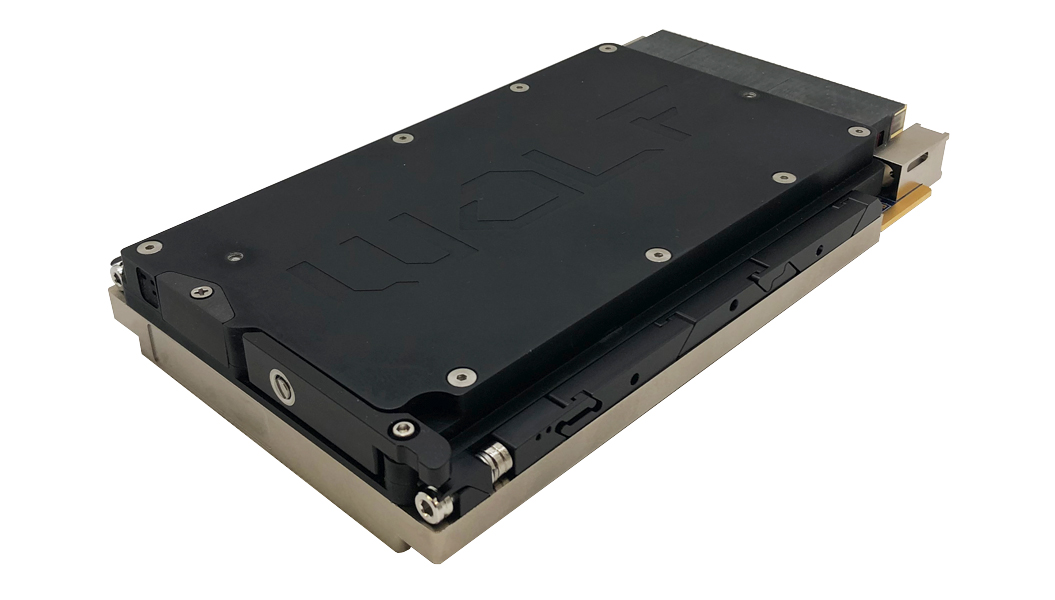Version 8.1.0 offers enhanced Eclipse integration, multiprocessor / multicore solution, and version-control capabilities
Boston, MA – 22 September 2009. LDRA (Booth 414), provider of the most complete automated requirements traceability, software verification, source code analysis, and test tools covering the full application lifecycle, has broadened the capabilities of the latest version of the LDRA tool suite to address complex, large-scale applications. The tool suite is optimised for modern multiprocessor environments and offers superior version control—capabilities fundamental to the needs of the military, aerospace, medical and automotive sectors. With an enhanced Eclipse plug-in, the LDRA tool suite v8.1.0 can be easily deployed in enterprise applications and enable developers to participate in the extensible framework of the Eclipse environment.
Today, single-threaded microprocessors limit system performance by wasting many cycles accessing memory. Applications that demand high efficiency and real-time response need tools optimized for multiprocessor environments. By taking advantage of multiprocessing capabilities, the analysis stages of the tool suite gain a significant performance boost. In addition, a revolutionary multiprocessing solution enables LDRA to determine the optimal use of multiprocessing capabilities and allow customers to benefit from dramatic performance gains.
Version 8.1.0 of the LDRA tool suite introduces a new level of version control for developers. Now, common version-control commands, such as check-in and -out, display history, and show differences, may be performed for Perforce, Subversion and Visual Source Safe. The “test-modify-retest” process cycle can be undertaken wholly within the LDRA tool suite, even when the source under test is under version control. Source code can be checked out and modified, and after the source code has been retested and proven correct, it can be checked back in directly. There is no need to switch tools for version control, thus making the user experience smoother and more efficient.
LDRA’s analysis reports quote the version number of the source file, ensuring clear traceability between source and report versions. The implementation is completely open, allowing local deployment teams to customize each version control operation according to local criteria.
Version control offers other collaborative benefits, such as viewing file history or updating to the latest repository version. Python modules offer complete transparency and allow developers to modify individual commands, add arguments, and customize or create new implementations.
“The aim of software analysis and testing is to uncover defects,” observed Bill StClair, LDRA’s Technical Evangelist. “The challenge is managing the iterative process efficiently across a broad team of developers. LDRA’s open architecture and flexibility enables developers to test, modify and retest without having to leave the LDRA tool suite – an enormous time-saving improvement.”
The goal of Eclipse integration is to provide a comprehensive platform for development and speed overall product development. LDRA’s enhanced Eclipse plug-in recognizes the significance of flexible, highly scalable development to ensure that advanced embedded devices get to market faster. By making the capabilities of the LDRA tool suite available to Eclipse users, LDRA offers developers the opportunity to access comprehensive static and dynamic analysis facilities and benefit from full report management from a common platform.
“Development teams continually demand greater functionality and integration from their tools to enhance ease of use,” noted Ian Hennell, LDRA’s Operations Director. “Our dramatic performance improvements on multicore systems guarantee that customers can take advantage of the performance gains promised by such systems. In addition our version control system redefines ease of use, offering many best-of-breed improvements, and the Eclipse integration ensures that customers can speed development by using tools already integrated to a common platform.”
The LDRA tool suite is available for C, C++, Ada 83, Ada 95 and Assembly systems. It is a highly scalable solution that works with large-scale commercial and production systems and is excellent for both legacy code and new code development verification. Additional version control tools will be supported in future releases.
Attendees at Embedded Systems Conference can view a demonstration of v8.1.0 and its capabilities at the LDRA booth #414.
# # #
About the LDRA tool suite
The LDRA tool suite has been derived from many ground-breaking testing techniques developed by LDRA. The LDRA tool suite assists with the eight primary tasks: traceability verification, design, code and quality review, unit testing, target testing, test verification and test management. Focus on all of these key areas is required to achieve an organisation’s software development and maintenance goals. The LDRA tool suite can be used by an entire project team, including developers, QA managers, test engineers, project managers and maintenance/support engineers, to automate the software development lifecycle. Through the deployment of the LDRA tool suite, companies are able to deliver well constructed, documented and tested software and benefit from significant time, cost and operational savings. For more information on the LDRA tool suite, please visit: www.ldra.com.
About LDRA
For more than thirty years, LDRA has developed and driven the market for software used for the automation of code analysis and software testing of safety-critical applications. The LDRA tool suite is used in aerospace, space and defence technology as well as the nuclear energy and automotive industries. Through the use of the LDRA tool suite, companies ensure that their systems are built in accordance with prescribed standards and are durable and reliable in use. The LDRA tool suite is available for a variety of programming languages and supports a wide range of host and target platforms. LDRA is represented world-wide with its head office in the UK and subsidiaries in the USA as well as through an extensive distributor network. For more information on the LDRA tool suite, please visit: www.ldra.com.







